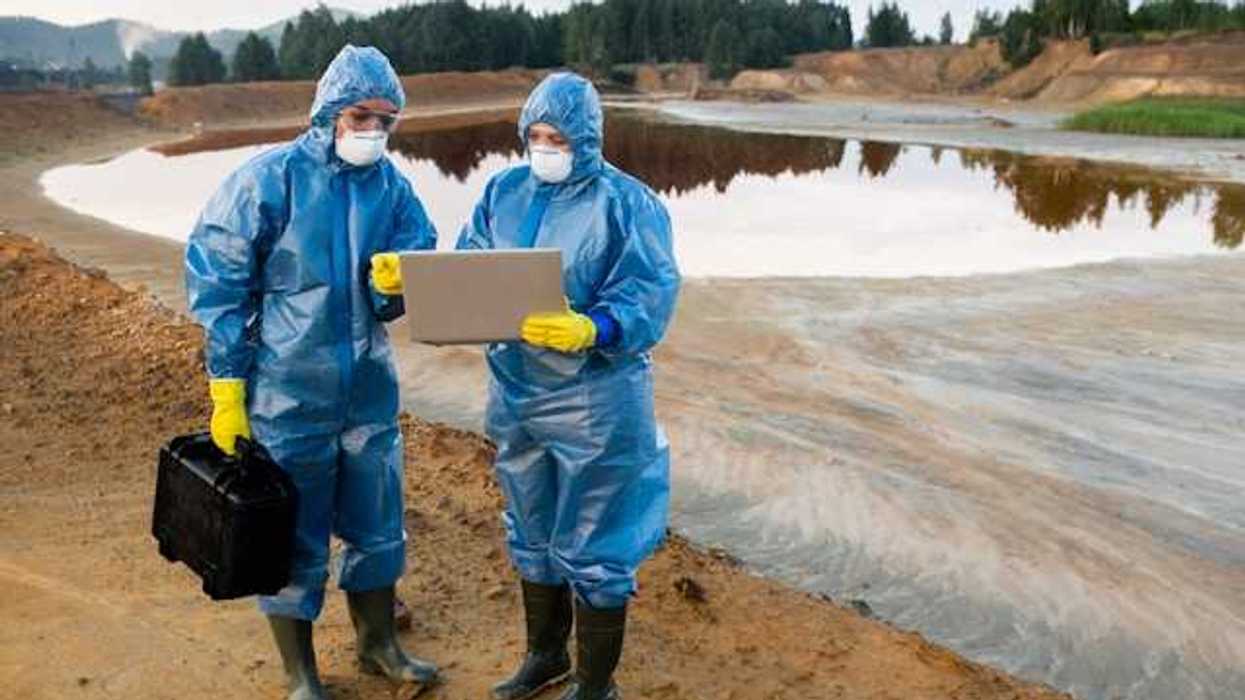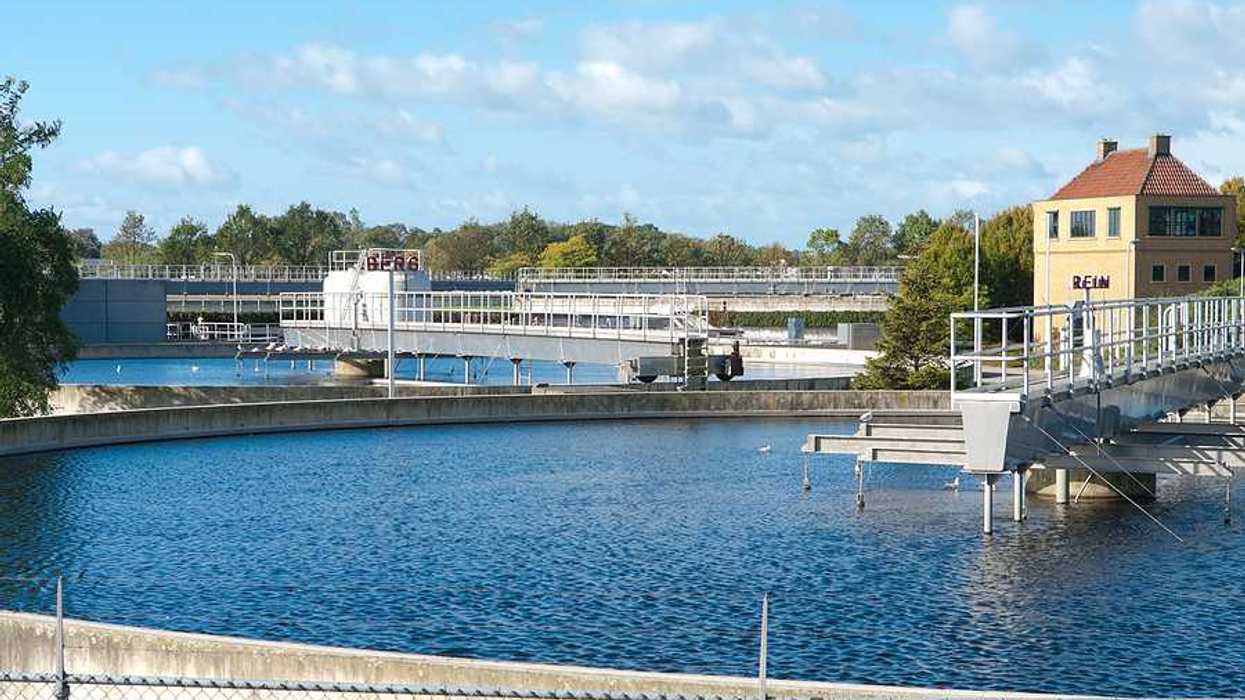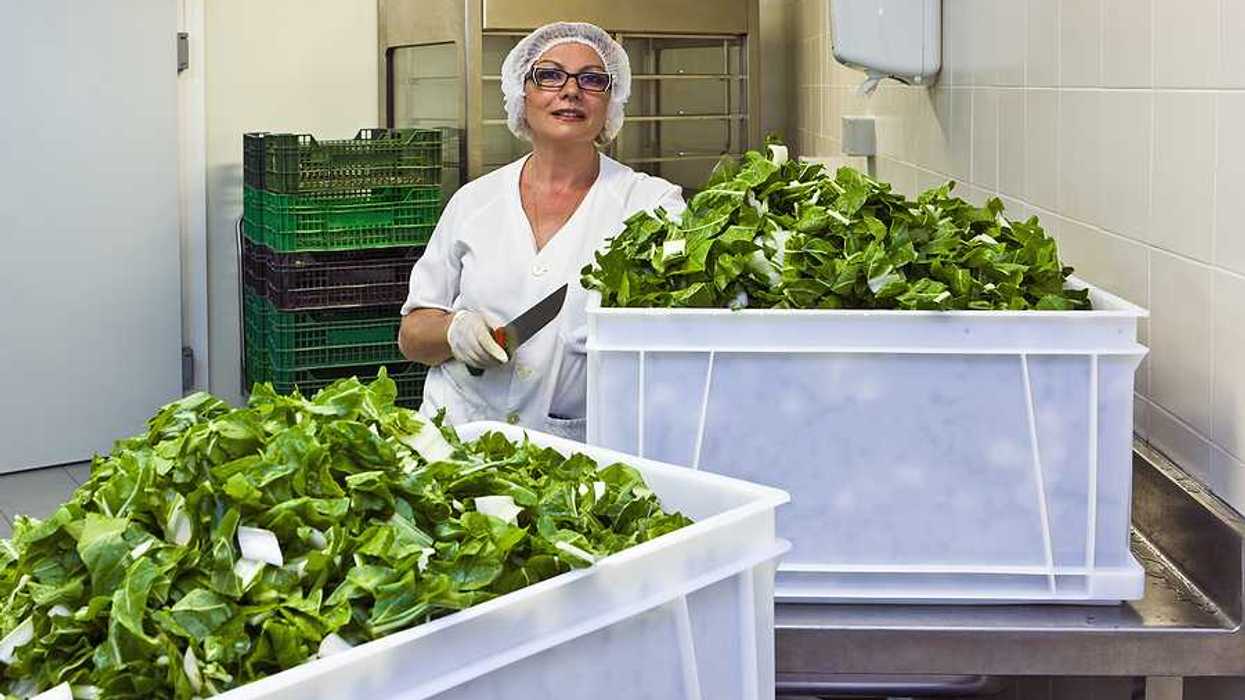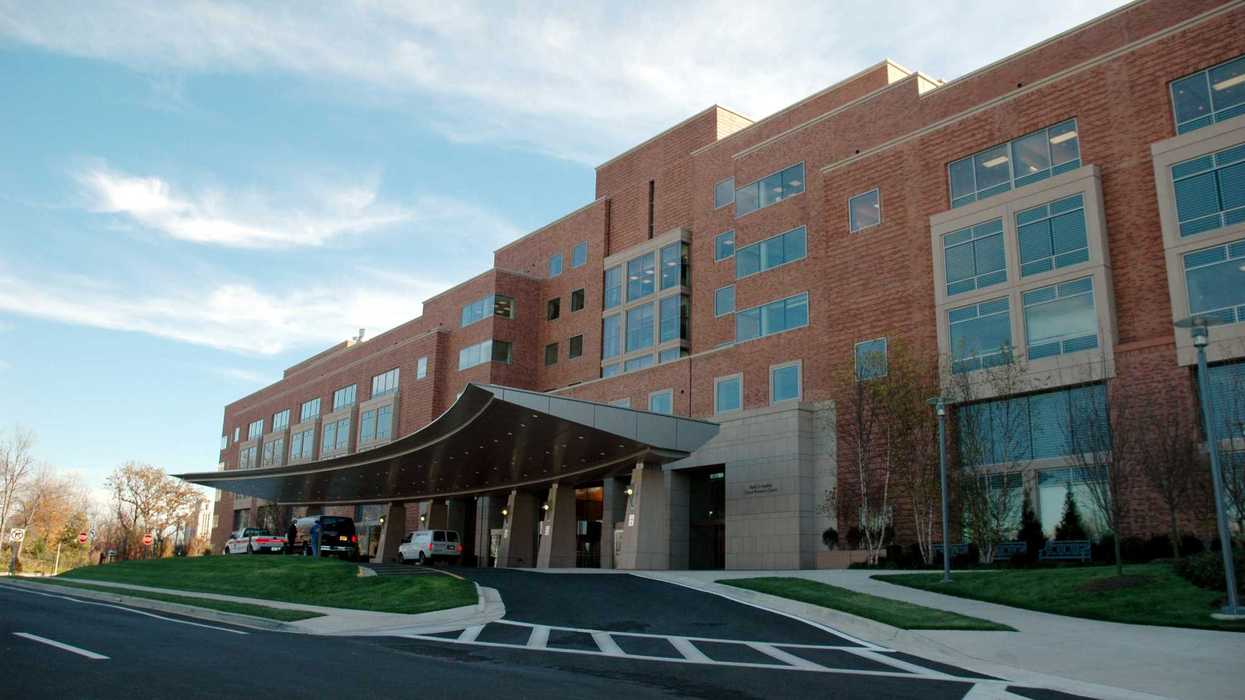Working in the fields while pregnant is common in Watsonville, but many women don’t realize the pesticides around them could be endangering their children’s long-term health.
Nik Altenberg reports for Santa Cruz Local.
In short:
- Farmworkers in Santa Cruz County are regularly exposed to over a million pounds of pesticides annually, with pregnant workers especially vulnerable. Many don’t realize they’re eligible to stop working early and receive disability benefits.
- Studies suggest links between prenatal pesticide exposure and neurodevelopmental disorders like ADHD and autism, as well as cancer and birth complications. But access to state benefits is hindered by language barriers, paperwork, and lack of awareness.
- State regulators base exposure rules on outdated assumptions, like 40-hour work weeks, and often don’t account for the real-world mix of chemicals farmworkers face. Activists are calling for more precautionary protections.
Key quote:
“I didn’t know what I was being exposed to while I was pregnant and working. If I had known, I never would have done it, because my children are suffering the consequences.”
— Ernestina Solorio, farmworker and mother
Why this matters:
California’s agricultural bounty comes at a steep cost, especially for those doing the harvesting. Pesticides drift in the air and settle on the plants picked by farmworkers. Pregnant workers may not know that these chemicals could be altering the lives of their children before they even take their first breath. Environmental justice advocates are raising alarms, and have been doing so for decades. But until those voices translate into better laws and real protections, the cycle of harm continues, one season after another.
Read more:














